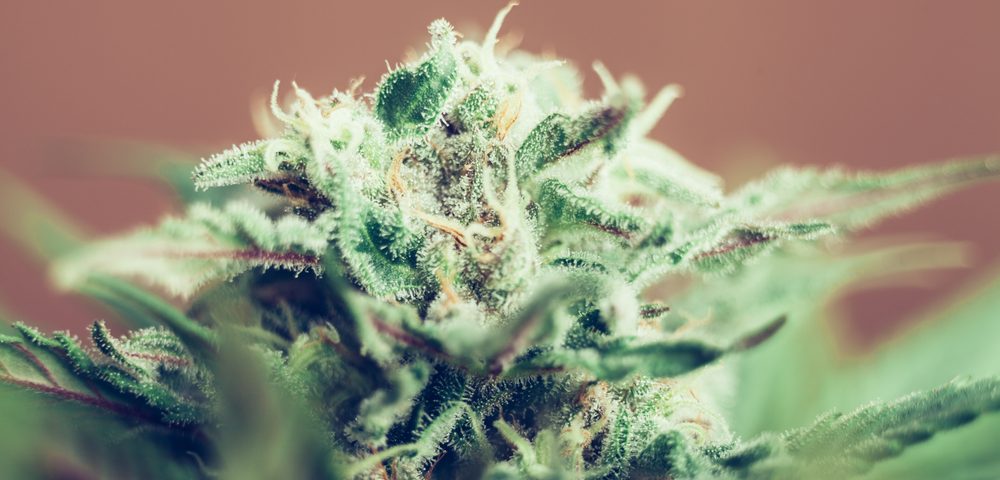A 13-year-old boy whose Crohn’s disease and colitis had failed to respond to standard treatments became symptom-free with a combo therapy that included cannabinoids, the cannabinoid therapy maker Vitality Biopharma reported.
The study is one of the first to show that cannabinoids can eliminate inflammatory bowel disease (IBD) symptoms in a child or young adult resistant to other therapies, the company said. The research, “Induction of Remission in Drug-Resistant Pediatric Inflammatory Bowel Disease with Cannabinoid Therapy,” has yet to be published in a medical journal.
The boy received medical cannabis under California’s Compassionate Use Act. Vitality played no role in the treatment, according to a press release.
The boy was diagnosed at age 9 with Crohn’s disease and mild-to-moderate colitis, and was hospitalized on several occasions. He had a poor appetite, which led to weight loss and stunted growth, and failed to respond to conventional IBD treatments.
Although he did respond initially to the TNF-α inhibitor Remicade (infliximab), it failed to help after a few weeks. “Temporary symptomatic benefit was observed, but quickly dissipated,” the researchers reported.
His level of calprotectin — a sign of bowel disease in children — rose again despite treatment throughout 2015. Improvements in calprotectin level suggest disease-modifying activity as well as symptom relief, the researchers noted.
In February 2016, the boy started taking a combination of Δ9-tetrahydrocannabinol (THC) and cannabidiol (CBD) three times a day. The 3-mg doses of each therapy turned him around, researchers said.
“The patient and family reported almost immediate symptomatic improvement, with increased appetite and body weight, reduced inflammatory scores, and induction of remission,” the study reported.
Importantly, the combo treatment ended his Crohn’s after just a month, researchers said. The key evidence was that his calprotectin scores dropped from 2,000 μg/g to 86 μg/g.
A marker of inflammation known as the C-reactive protein level fell to zero, researchers added. Doctors began reducing his Remicade and ended it altogether in January 2017.
At that point, the patients was “in complete remission, with no Crohn’s disease symptoms, and has been in clinical remission for more than a year,” the team wrote.
Researchers said that to their knowledge it was the first case of fecal calprotectin levels correlating “well with the presence of endoscopic lesions” and with decreased calprotectin levels correlating “with healing of the gut mucosal lining in both Crohn’s disease and ulcerative colitis. Based on these findings, we expect that treatment of local gut inflammation with cannabinoids may not only resolve symptoms of IBD but also achieve disease modification by inducing and maintaining remission.”
The team plans to submit the report for publication, perhaps with additional case studies of the combo treatment.

